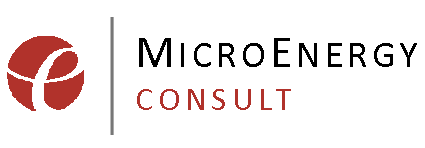Report—Summary of key findings from the baseline assessment on existing solar QI frameworks and management systems
We’re delighted to announce the publication of a summary of key findings from the baseline assessment on existing solar QI frameworks and management systems conducted in the East African Community (EAC) and Pacific Community (SPC) regions, which evaluated existing regulations, standards, stakeholders, and capacities to guide the development of regional solar QI frameworks.

We’re delighted to announce the publication of a summary of key findings from the baseline assessment on existing solar QI frameworks and management systems conducted in the East African Community (EAC) and Pacific Community (SPC) regions, which evaluated existing regulations, standards, stakeholders, and capacities to guide the development of regional solar QI frameworks.
EAC Key Findings:
Challenges in adopting and enforcing standards hinder cross-border harmonization despite established Bureaus of Standards.
Testing facilities, e.g., in Uganda, show significant disparities in availability and capacity.
Accreditation processes vary widely across countries.
Shortage of human resources for regional standardization efforts.
Lack of government support impacts the domestic solar energy sector.
SPC Key Findings:
Significant gaps in technical regulations for solar PV product and service quality.
Absence of national standards, accreditation, and conformity assessment bodies in many Pacific countries.
Weak metrology infrastructure creates barriers to ensuring quality standards.
Outdated legal metrology programs raise concerns about measurement standards and product integrity.
This project is from the United Nations Industrial Development Organization (UNIDO) and the International Solar Alliance (ISA) joining forces to develop regional Quality Infrastructure (QI) frameworks for solar PV products and services across the East African Community (EAC) and the Pacific Community (SPC).
You can find the baseline report and its summary below:
